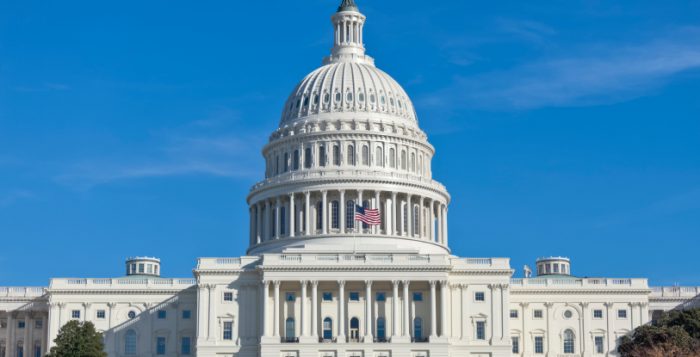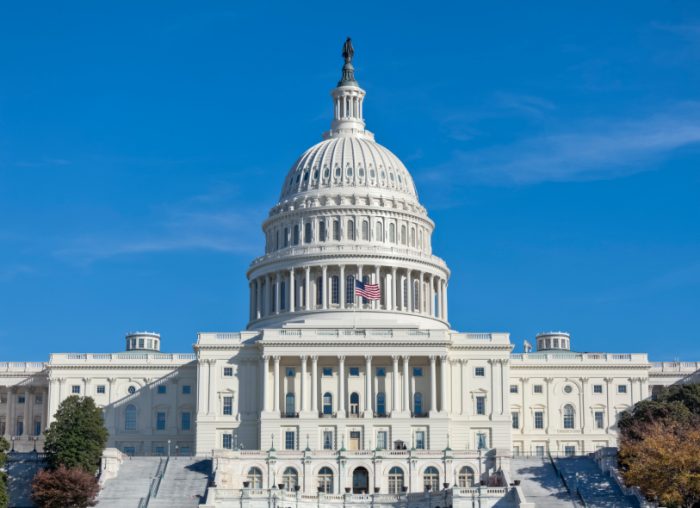On July 11, 2024, Governor Shapiro signed a bipartisan 2024/25 budget that invests in a range of fields, from health care to public transportation to education. The details of the budget are available in the Governor’s Press Release, which highlights each field and dollar amounts signed. In particular, the budget addresses:
- Supporting PA’s ID/A community and Direct Support Professionals (DSP);
- Investing in gun violence prevention;
- Increased funding for nursing homes and the Aging Our Way plan;
- Combatting maternal mortality; and
- Further investments in mental health.
RCPA Policy Staff will be reviewing the budget in great detail over the next few days. We plan to reach out to our members with updates and key information as more becomes available and analyzed. If you have any questions regarding the budget, please reach out to your Policy Director.
























